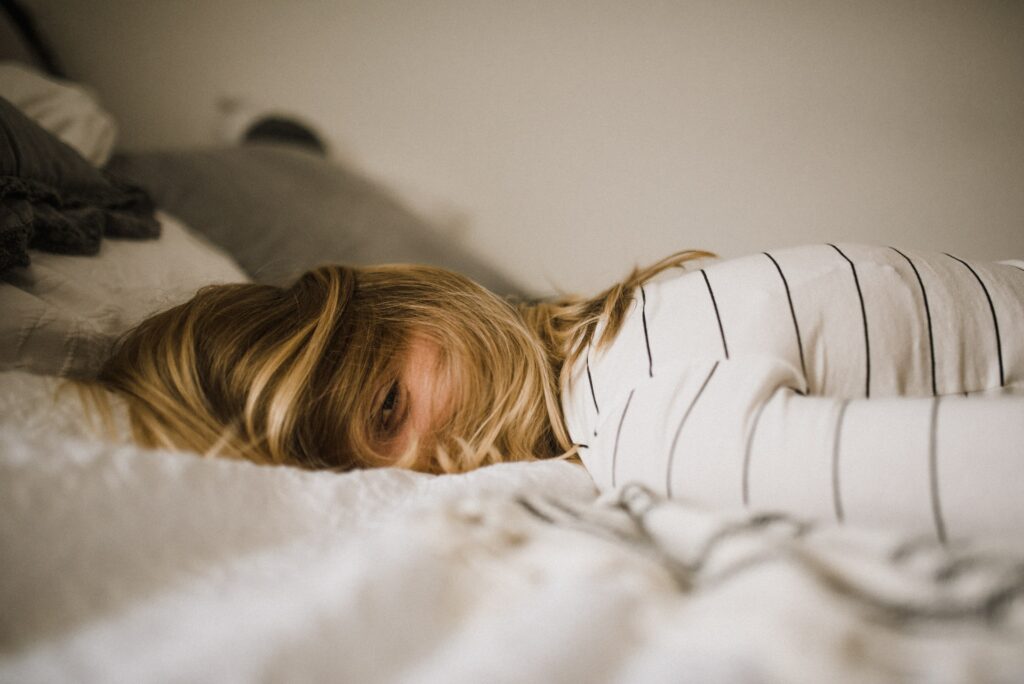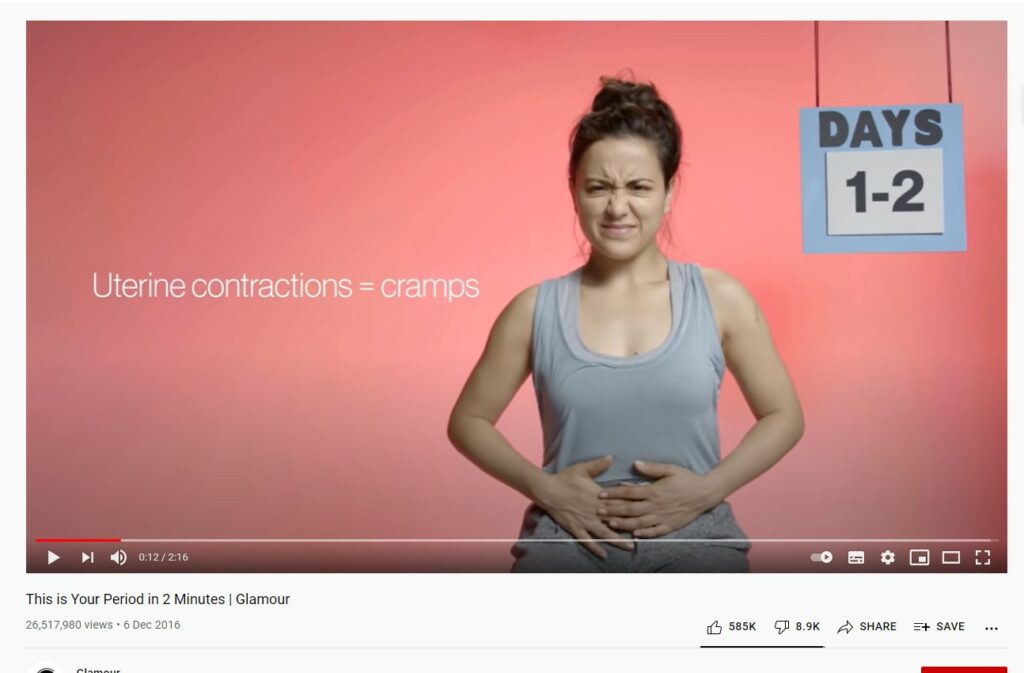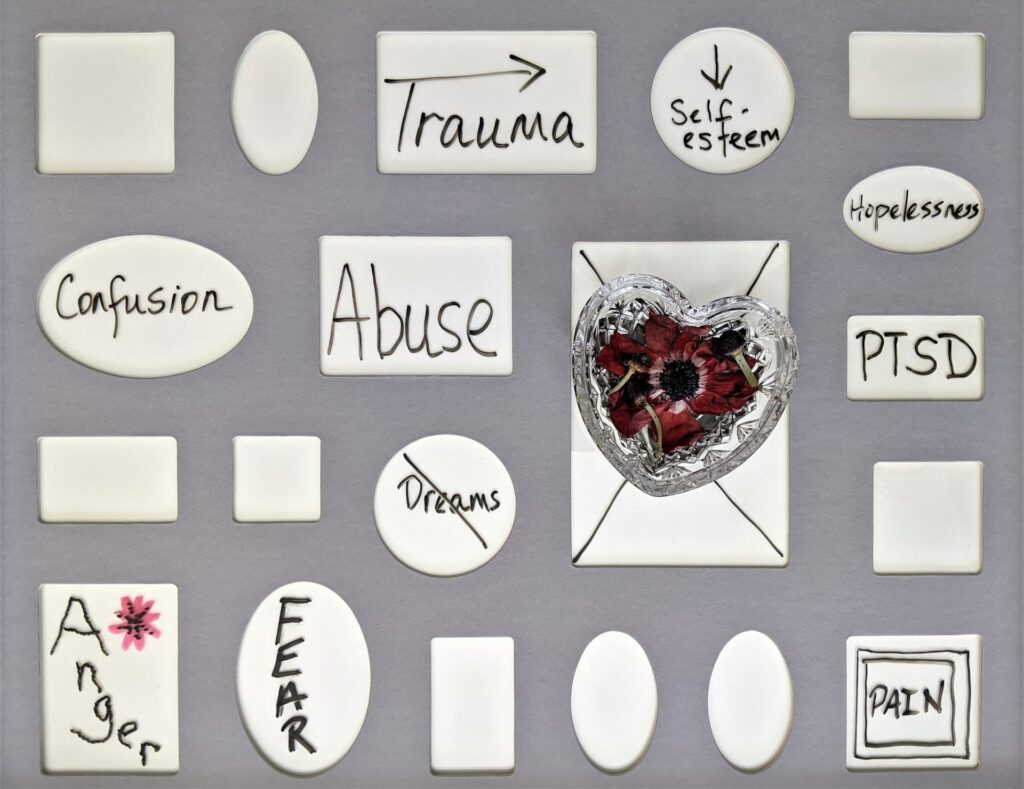3) REST

Wait what? Yes Rest. But I don’t mean abandoning exercise completely for a life on the sofa. Exercise is a wonderful antidote for stress and digestive issues. What I mean is to strategically factor in more rest into your schedule at certain points in your cycle.
Have you ever noticed some days you’re out of the starting blocks, tackling tasks with ease, reflexes sharp and feeling unstoppable? Then out of the blue you can’t get out of bed, your brain is a fog that finds the most basic of tasks a challenge and so you’re literally pushing yourself to make it through the day? These energy fluctuations are most likely to do with the shifting hormonal levels during our cycle and women’s health experts recommend that we use these phases as a prompt for how we plan our schedules. Glamour Magazine did a great You Tube video that succinctly explains it. Click here to watch!

For PCOS sufferers it’s a great way to get back on track with our cycles, unpredictable as they may well be. Once we figure out our personal hormonal rhythms we can use our high points to start a new project, go on a date or take on that HIIT workout. Similarly anticipating the low points associated with the run up to our period where our body requires a lot of energy to shed the uterine lining leaving, we can ensure we take more naps dial down fitness to a walk or yoga sesh and relax more. This is my most recent technique to try out and I noticed a change in my moods, PMS less intense and my period was bang on time.

Stress and Trauma: The Final Frontier of PCOS
I want to end this post on something that’s really central to PCOS: Stress. It’s a bugger but part and parcel of modern life. Sometimes a looming deadline or ongoing issue won’t allow us to take some downtime and so we heroically soldier on. We know stress can mess up the most stable of cycles right? But for PCOS the more exertion you put on your body during these moments the more it takes hold of you. That’s why it’s imperative you devote some downtime before you reach that tipping point that leads to missed periods, painful acne, increased risk of anxiety and depression and weight gain.
But what if the stress is something more deep rooted and complex? I’m talking about trauma. I’ve been battling against anxiety and depression, (due to losing my mother at the age of 9), in tandem with my PCOS journey. At first I thought them separate entities that fed off each other- were my really low moods to do with unresolved bereavement ( at 9 how do you make sense of such a seismic loss?) or because of my PCOS (a hormonal imbalance that really messes with our moods)? When I asked various professionals such as my homeopath and therapist, they observed that my PCOS and anxiety/depression are one and the same.
…while I eat better and exercise mindfully, safeguarding my mental health – through self-love, saying ‘no’ more often and slowing down- is up there as a priority and it really should be if you’re among those who have trauma on your plate.
I got reading about this and can now conclude that suffering trauma in my childhood, and its effects on my long-term emotional wellbeing, may be a factor in my PCOS. It is widely acknowledged that individuals who undergo a traumatic experience under the age of 18 (parental divorce, sexual abuse, emotional neglect etc) are more at risk of developing reproductive issues. There’s a wonderful blog by a lady who experienced ACEs (Adverse Childhood Experiences) and describes two interlinked hormonal pathways originating in the brain (you can read it here). She describes how prolonged anxiety causes our stress pathway (that fight or flight mechanism) to inhibit that which connects our reproductive hormone receptors, in order to ensure survival. Further reading also shows how “toxic stress” can lead to many ailments that are in common with PCOS: heart disease, diabetes and cancers.
My current hypothesis is that my body has put having a period on hold while diverting energy and resources towards keeping severe stress rooted in early trauma at bay. Therefore it reinforces the idea of rest and self care being central to breaking free from trauma and indeed PCOS. So while I eat better and exercise mindfully, safeguarding my mental health – through self-love, saying ‘no’ more often and slowing down- is up there as a priority and it really should be if you’re among those who have trauma on your plate.
Where I am now: PCOS it’s Personal!
I started out saying that my PCOS is no blessing. But I’d like to modify that. OK so getting diagnosed and the symptoms are no walk in the park. But it has set me on the path to being more attuned to my body and how it feels. I now understand that my period and PMS isn’t a punishment but a sign post to what’s not quite in sync.
I don’t want you to think that my journey holds the answer- especially since it is by no means over. But one thing that it’s taught me is that PCOS is personal and only you know how you feel and what works for you. But to do so you need to start learning about it. Reading around the subject and taking the Hormone Harmony Academy equipped me with so much knowledge so that I could apply it to my own situation. It took some experimentation but I have been able to make realistic adjustments to my diet and lifestyle. It wasn’t easy but by connecting with sufferers on social media, I had the support to keep at it. I don’t feel so alone anymore- in fact I feel more determined to join the cause in pushing for change in how PCOS is dealt with in the healthcare system. I strongly believe in trauma’s role in the origins of my PCOS and this is the meatier part of my battle. But through observing good mental health and changing my lifestyle I can gently loosen PCOS’s grip on my cycle and of course me.


No Comments